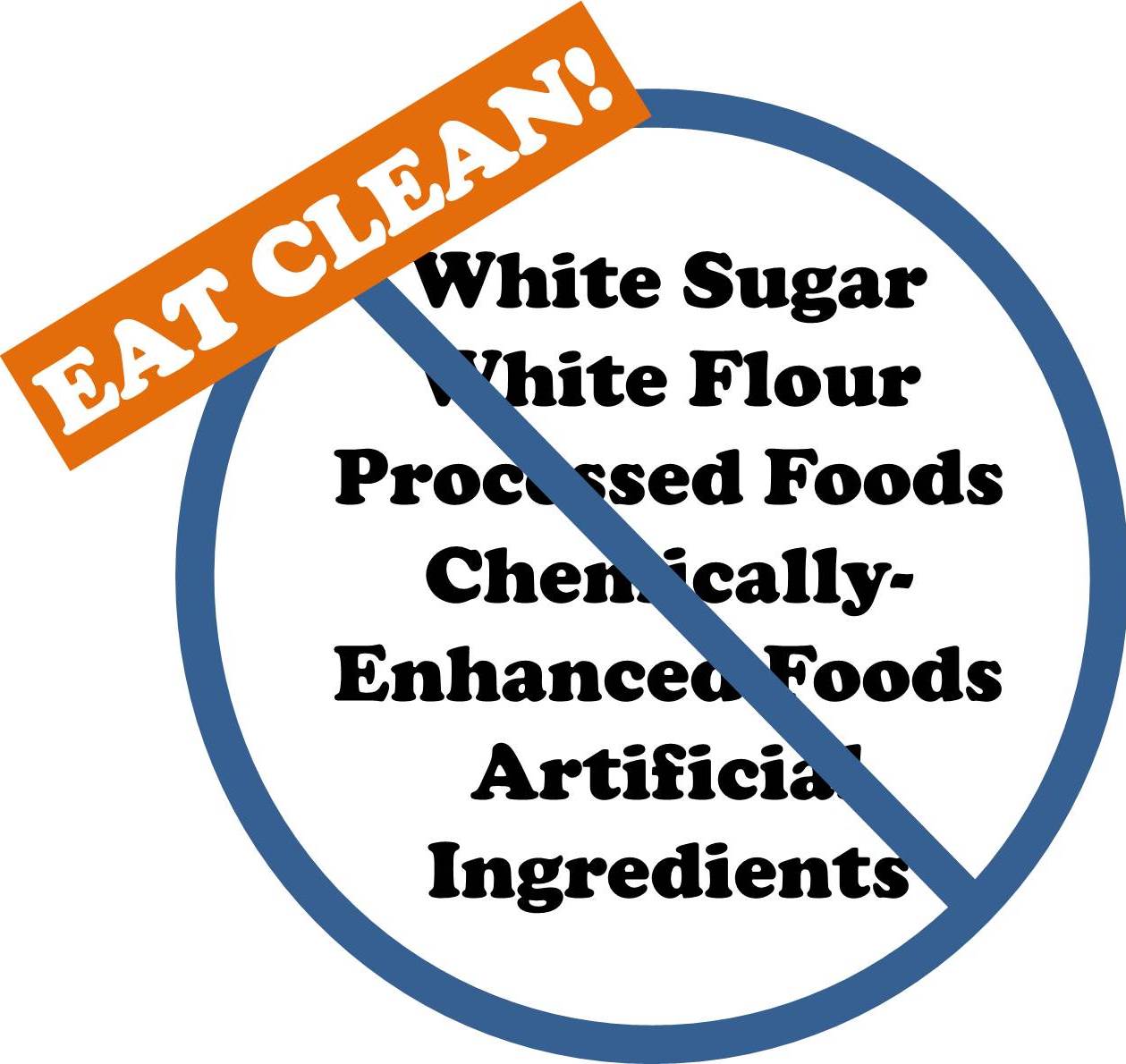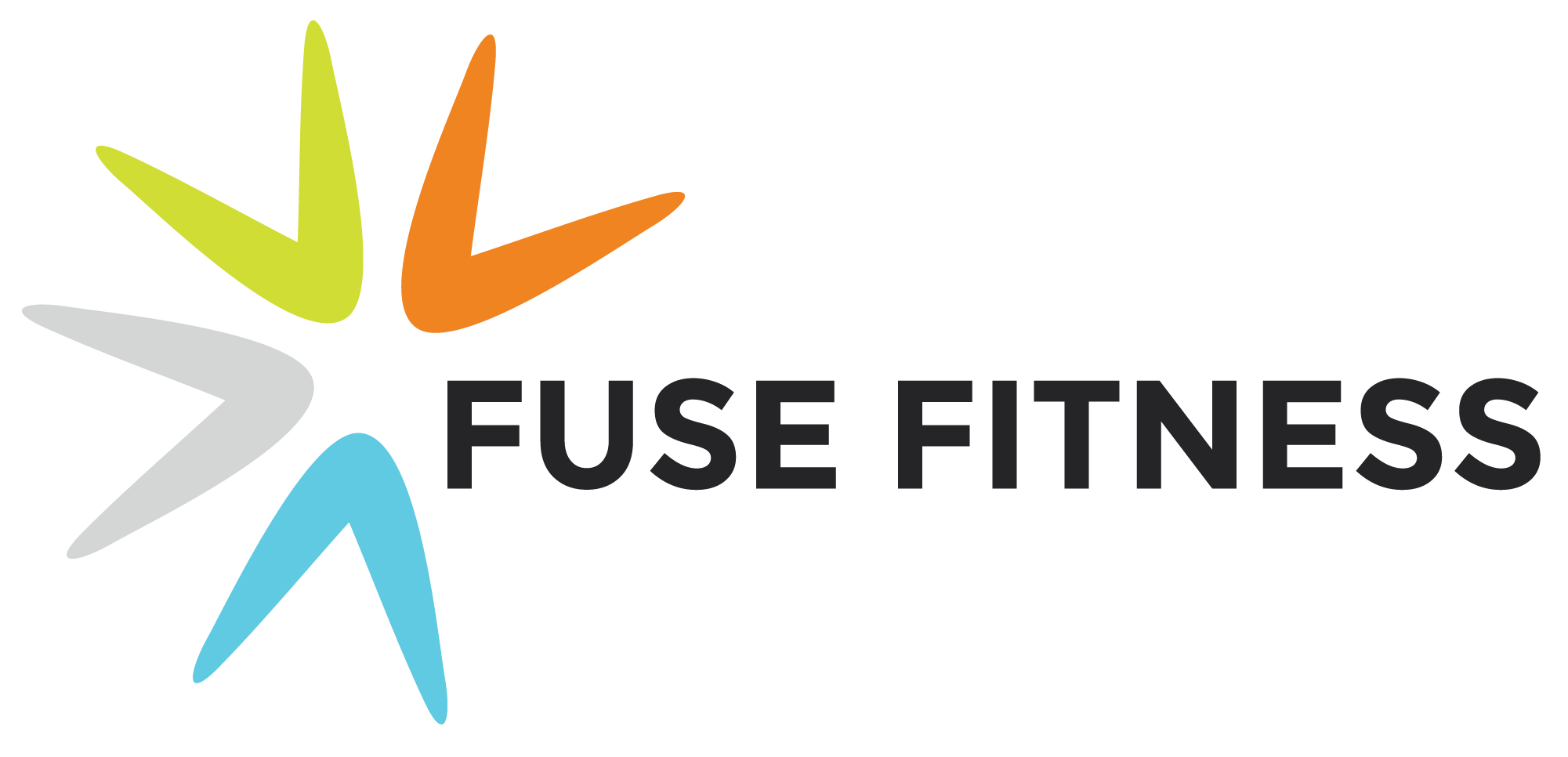Hi Fusers!
Hopefully you all took the heart health quiz we posted earlier this month to see where you stand. Today, I'm going to talk to you about how following a Paleo lifestyle (see how I say lifestyle, not diet) will significantly reduce your risk of heart disease, high blood pressure, LDL (or "bad" cholesterol) and triglycerides, as well as diabetes. All these things lead to improved heart health. That's what the month of February is all about, learning how to improve heart health.
Heart disease affects 65 million Americans. One of 3 deaths in the U.S. is caused by heart disease. One in 3 Americans have metabolic syndrome, a group of significant risk factors that are directly related to obesity and insulin resistance (Chris Kresser).
Over the last 50 years, the FDA has maintained that a diet high in saturated fat and cholesterol causes heart disease. Foods such as eggs (specifically the yolks) and bacon are bad for us. Have you stopped to wonder why despite the push of a low-fat, reduced-calorie, no cholesterol diet, the levels of obesity, heart disease, blood pressure, and diabetes have all continued to increase significantly?
There is mounting, overwhelming evidence that suggests that this type of low-fat, low-cholesterol diet, heavy in low-fat grains and dairy, as well as heavy in processed foods such as low-fat crackers, cookies and treats, is not the way to go. Rather, a diet that emphasizes high-quality animal proteins, healthy fats, vegetables, fruits, nuts and seeds and excludes all processed foods, gluten, dairy, sugar, legumes, starches, and alcohol is the way to go. This type of eating has shown and is continuing to prove that it can prevent and help treat heart disease, autoimmune disorders, diabetes, and digestive disorders, amongst other things, such as ADHD and dementia (Huffington Post).

The Paleo diet focuses on eliminating inflammatory foods that can upset both the immune and digestive systems. Less inflammation in the body is a good thing. It reduces gut bloating and discomfort, allowing food to digest properly, as well as reduces joint and body pain. The Paleo diet also focuses on foods that are low on the glycemic index, which prevents your blood sugar levels from spiking and then crashing. This in turn is why eating Paleo has an amazing effect on energy levels--your body doesn't have the roller coaster of energy highs and lows that are associated with eating refined sugar, simple carbohydrates, and processed foods.
Eating a Paleo diet provides the body with a rich supply of vitamins, nutrients and antioxidants, as well as focuses on foods that boost your metabolism and keep your body satiated and satisfied.
Here is a list of the top heart-healthy Paleo foods, according to Chris Kresser, author of Diet Heart Myth:
-
Cold-water, fatty fish--an excellent source of omega-3 fat.
-
Olives, olive oil, macadamia nuts and avocados--some of the very best sources of monounsaturated fats, which are shown to reduce LDL and triglycerides, and reduce HDL. They also reduce oxidation and inflammation, lower blood pressure, and reduce thrombosis.
-
Anti-oxidant rich foods, a variety of colors of fruits and veggies, red meat, organ meats, eggs and grass-fed dairy, help our antioxidant defense system protects us from oxidative damage, which is a major cause of heart disease. We need to eat in a way to strengthen our defense system.
-
Polyphenol-rich foods such as tea, especially green, blueberries, EEVO, citrus, coffee, turmeric and other herbs and spices, naturally defend against infections, sunlight damage, and chemical oxidation.
-
Consumption of nuts is associated with a decrease in many heart disease risk factors, including BMI and systolic blood pressure.
-
Soluble-fiber rich vegetables such as brussel sprouts, carrots, sweet potatoes, asparagus and fruits, like apricots, oranges and grapefruits, bind bile acids; inhibit fatty acid synthesis; improve insulin sensitivity; and increase satiety with lower overall energy intake. (The Diet-Heart Myth: How to Prevent and Reverse Heart Disease Naturally by Chris Kresser)
How does this all work? Every day, we have a certain amount of cholesterol in our bodies; 25% which comes from our diet and 75% which is produced inside our bodies by the liver. Most of the cholesterol found in food is not absorbed by our bodies. However, the body regulates how much cholesterol it produces in relation to how much it takes in; when intake increases, the body makes less, and vice versa. There have been cholesterol feeding studies done that show that in 75% of the population, dietary cholesterol has very little impact on blood cholesterol levels. In the other 25%, dietary cholesterol does modestly increase both LDL and HDL, but does not affect the ratio or increase the risk of heart disease. Eating cholesterol is not bad for you, so, eat your eggs and do not waste those yolks. Egg yolks contain all 13 of the essential nutrients found in an egg (Kresser).
 Studies also show that lower-carb diets (grains, sugars) are associated with increased fat loss and HDL, decreased BMI and waist circumference, as well as reduced triglycerides, blood pressure and plasma insulin (Mercola).
Studies also show that lower-carb diets (grains, sugars) are associated with increased fat loss and HDL, decreased BMI and waist circumference, as well as reduced triglycerides, blood pressure and plasma insulin (Mercola).
Coming back to the term Paleo lifestyle, there are several important behaviors that go hand in hand with improving your health. Regular exercise, sitting less and walking more (separate from regular exercise) significantly reduce your risk of heart disease, as well as reduce the symptoms for those who already have heart disease (Mercola; Kresser).
Also very important to a healthy lifestyle is sleep. Chronic sleep deprivation is a huge factor in heart disease, causing weight gain, insulin resistance, decreased energy, and an increased appetite (Kresser).
Finally, managing one's stress levels goes a long way in helping prevent heart disease. Very high stress levels can cause a myriad of symptoms, such as an overproduction of cortisol, which can lead to weight gain, impaired blood sugar control, and increased inflammation in the body.
That being said, chronic inflammation in our bodies is simply not good for us. The Paleo diet, especially the heart-healthy foods mentioned above, significantly helps in reducing inflammation, which in turn creates a healthier heart, and an overall healthier body. Increased energy and weight loss are amazing side benefits of eating this way and will occur naturally.
Please let me know if you have any questions or comments, I'm happy to answer.
Yours in Health,
Kristin @ The Fuse Fitness
1. Huffington Post; 6 Health Lessons From The Paleo DIet; http://www.huffingtonpost.com/2013/09/13/healthy-paleo-diet-tips_n_3900690.html
2. Chris Kresser; The Diet-Heart Myth: How to Prevent and Reverse Heart Disease Naturally; http://chriskresser.com/the-diet-heart-myth-how-to-prevent-and-reverse-heart-disease-naturally
3. Robb Wolf; What Is The Paleo DIet?; http://robbwolf.com/what-is-the-paleo-diet/
4. Paleo Grubs; 17 Benefits of Eating Paleo; http://paleogrubs.com/paleo-benefits
5. Dr. Mercola; Feast Like a Caveman and Watch the Pounds Melt Away; http://articles.mercola.com/sites/articles/archive/2011/11/11/paleo-goes-mainstream-cbs-news-reports.aspx
 -Food should be consumed as close to its natural state as possible. Think lots of produce, eggs, meats, nuts, seeds....shop on the perimeter of the store, stay out of the aisles.
-Food should be consumed as close to its natural state as possible. Think lots of produce, eggs, meats, nuts, seeds....shop on the perimeter of the store, stay out of the aisles. -No refined oils. This means vegetable oil, canola oil, soybean oil, corn oil, margarine or grape seed oil. Stick to organic coconut oil, olive oil, macadamia oil, avocado oil, ghee, or grass-fed butter.
-No refined oils. This means vegetable oil, canola oil, soybean oil, corn oil, margarine or grape seed oil. Stick to organic coconut oil, olive oil, macadamia oil, avocado oil, ghee, or grass-fed butter.


